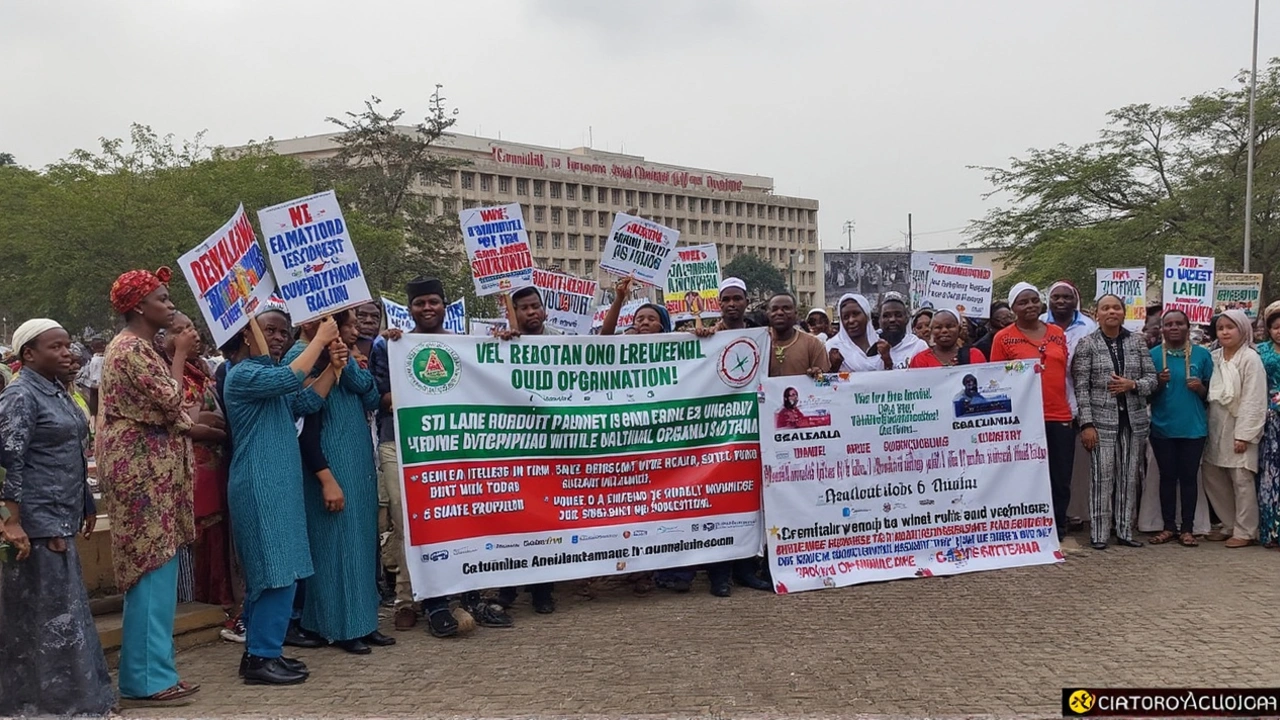Gender Politics: Breaking Barriers and Driving Change
Gender politics touches every part of society, affecting how people live, work, and lead. It’s about the power dynamics between men and women, and the ongoing fight for equality in all areas — from prisons to politics and sports.
Take the example of Téné Maimouna Zoungrana, a corrections officer in the Central African Republic. She’s shifting the usual norms by training rapid intervention teams and promoting women into top security roles at Ngaragba Central Prison. This isn’t just about fairness; it’s about making prisons safer and more effective. When women take on leadership in places traditionally led by men, they bring fresh perspectives that challenge old ways.
Why Gender Politics Matters in Leadership
Leadership roles often come with barriers that hold women back. When those barriers fall, communities benefit. Different viewpoints help organizations solve problems better and connect with a wider range of people. For example, Mudashiru Obasa’s controversial return to leadership in Lagos shows how complex gender and leadership can be, especially when politics and power struggles come into play.
It’s not just about filling quotas; it's about recognizing the talents, skills, and viewpoints women bring to leadership tables. This creates decisions that reflect the needs of all, not just a few.
Changing Gender Roles in Society
Gender roles have been evolving, and the changes are visible in various sectors. Sports, for instance, have seen pivotal moments like Arsenal’s thrilling comeback in the Women's Champions League, highlighting how women are taking the spotlight and commanding respect in traditionally male-dominated arenas.
Wider social changes, like the growing participation of women in high-stress jobs and leadership roles, show how gender politics is reshaping the world. Still, resistance exists, and debates continue on how fast and far these changes should go.
Gender politics isn’t a niche topic; it’s about everyone’s rights and futures. When we understand how power and gender mix, we can better support fairer policies and practices that create healthier communities—for men, women, and those beyond the binary.

Civil society organizations support the Senate's decision to suspend Natasha Akpoti-Uduaghan, citing her disruptive behavior rather than gender discrimination. They dismiss claims of gender bias as manipulative while protesters call for strict punishments, labeling her sexual harassment allegations as politically motivated. Legal actions continue as the Senate contests a court order.
Read More